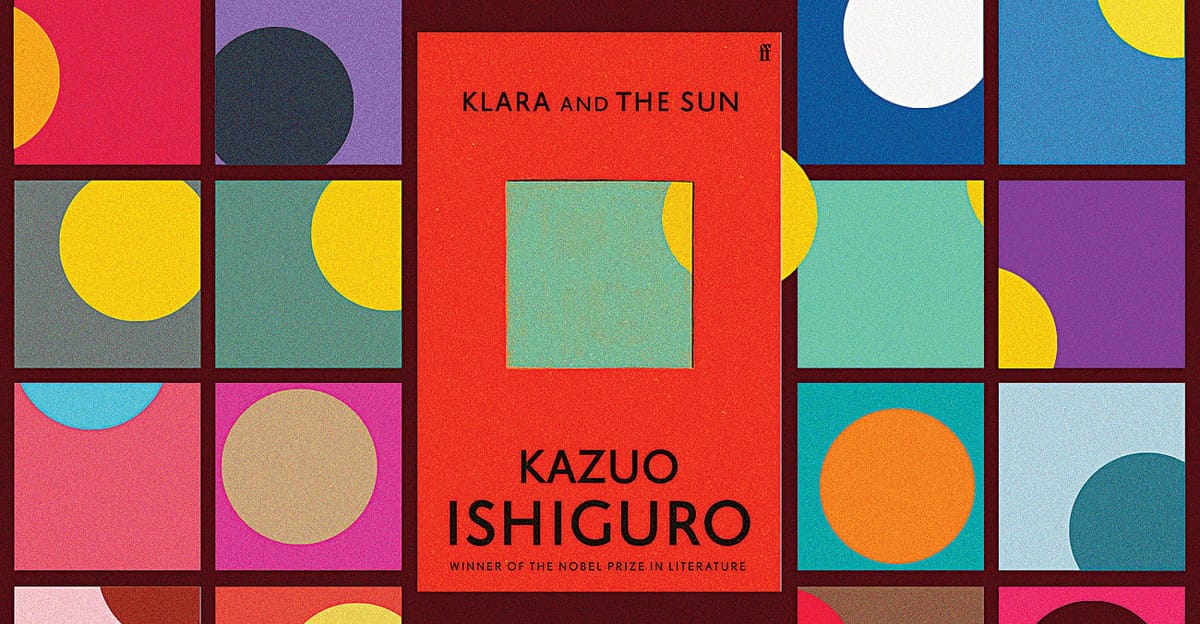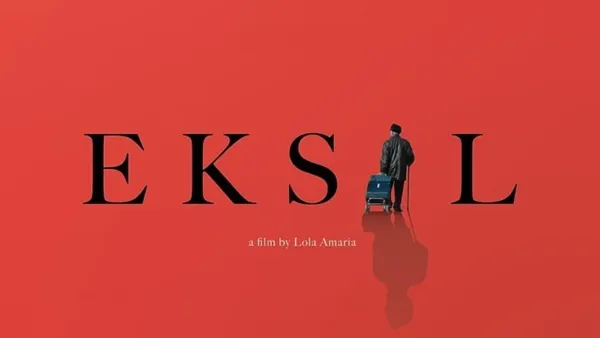AI, Empathy, and Ishiguro: A Review of "Klara and the Sun"

Kazuo Ishiguro's "Klara and the Sun," published before GPT's widespread adoption, remains a thought-provoking read. If you're familiar with his classic work, "The Remains of the Day," you'll recognize his distinctive style.
The novel takes a fascinating approach by telling the story from the perspective of the AI itself. This raises intriguing questions: if AI develops independent thought, will it also experience the full range of human emotions? And how might we utilize AI's ability to mimic human responses to address our own complex feelings, like grief and regret? Ishiguro's signature talent shines through in his ability to craft a deeply moving story centered on a non-human protagonist.
Whether or not you pick up this particular book, science fiction is a genre I highly recommend. It offers a unique way to imagine how new technologies might shape our world. An entrepreneur recently asked me for book recommendations on AI, and while non-fiction in this field can become outdated quickly, science fiction allows authors to explore deeper philosophical questions.
I remember the first time I read Asimov's "I, Robot" and its exploration of how mechanical beings would shape our world. Or how Dune, beneath its sci-fi adventure, grappled with themes of colonialism. Beyond the geek appeal of the tech lie deeper questions about humanity itself.
There's a never-ending debate about whether new technologies are inherently good or bad. Science fiction novels tackle this question through diverse stories, ultimately revealing that it's the humans who develop the systems and rules that determine whether good or evil prevails.





